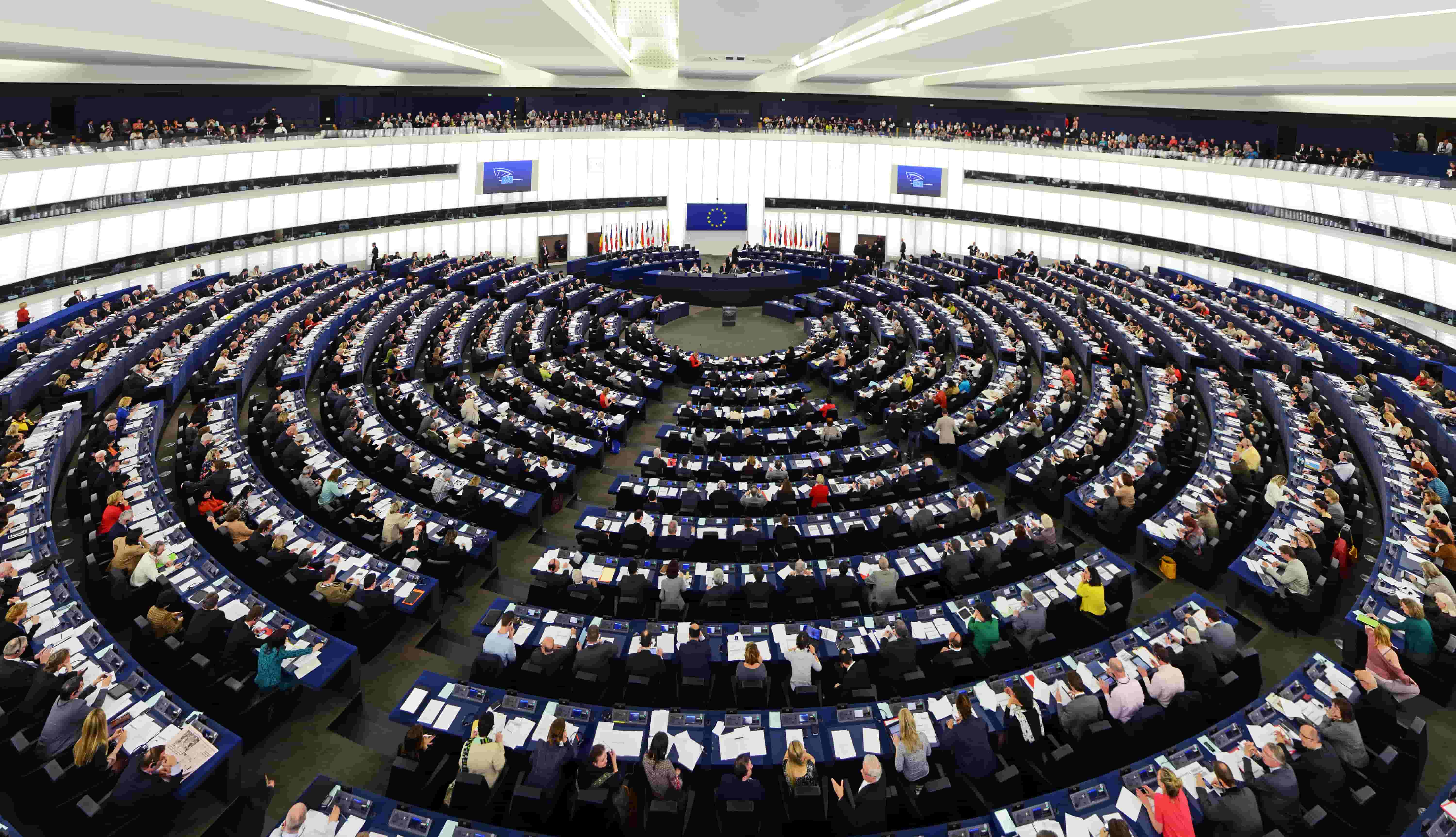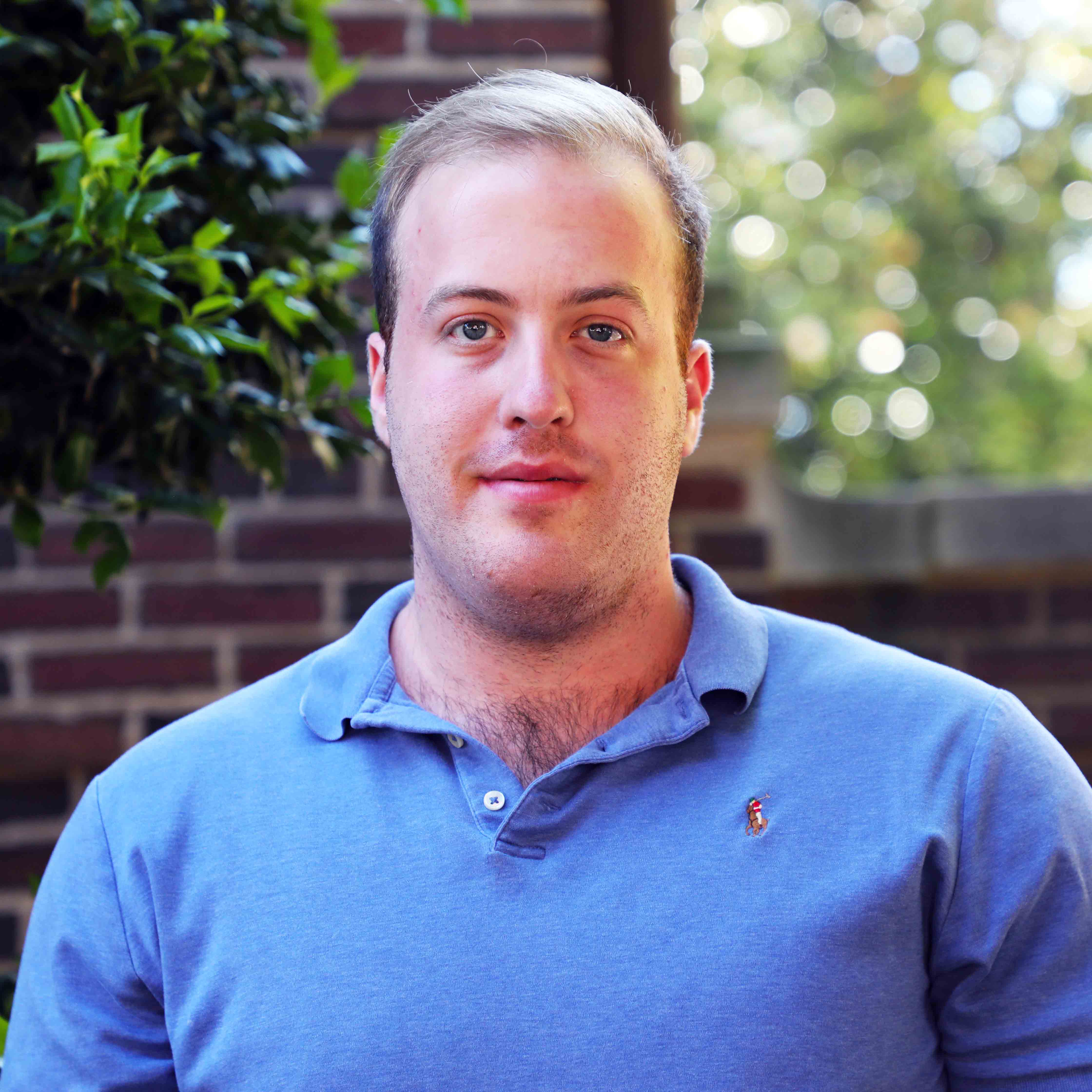The past year was a turbulent one for democracy in the transatlantic space. A rising tide of populism, nationalism, extremism, and illiberalism continued to upend politics. This affected elections in countries like Italy, where the ruling coalition is now made up of a far-right party and its anti-establishment ally, and Sweden, where the far-right Sweden Democrats party achieved the biggest gains in its 20-year history. Independent of elections, anti-democratic policies became more entrenched in countries like Poland and Hungary, while some in the United States viewed President Donald Trump’s attacks on the media as an attempt to undermine free speech. Finally, frustrations with the status quo led to the “Yellow Vests” movement in France and contributed to the seemingly unending political chaos in the United Kingdom surrounding Brexit.
These trends should continue in 2019 and could affect elections throughout the transatlantic community. In the European Parliament elections, far-right parties are expected to perform well. Ukraine, in many ways “ground zero” for Russian interference, will hold a presidential election, followed by parliamentary elections. Looming uncertainty in the United Kingdom about Brexit could trigger a general election and perhaps another referendum. On the other side of the Atlantic, the campaign for the 2020 presidential election in the United States will soon be in full swing, while Canada will hold federal elections.
The destabilization caused by the political and social cleavages in North America and Europe have left their democracies vulnerable to malign interference by the Russian government and other authoritarian regimes. There have been hundreds of examples of Russian interference across the transatlantic space in recent years, and the political environment has never been more conducive to advancing Russia’s foreign policy goals of destabilizing democracies and fracturing longstanding alliances and institutions like NATO and the EU.
Ukraine
In Ukraine’s presidential election on March 31, Russia-friendly candidates, such as Yuriy Boyko, are considered unlikely to win, especially due to the turmoil in the pro-Russian Opposition Bloc (the successor to former president Viktor Yanukovych’s Party of the Regions). The election is likely to be a contest between President Petro Poroshenko, former actor Volodymyr Zelensky, and former prime minister Yulia Tymoshenko, who is considered the frontrunner.
Russia interfered extensively in the 2014 presidential election. Officials are bracing the country for an upswing in its malign interference in the election process on several fronts, from dark money being used to influence candidates to the Russian-language media (which is quite popular in Ukraine) spreading disinformation to cyber-attacks on critical infrastructure ahead of the vote.
Finland
Finland is set to hold parliamentary elections on April 14. The rapid growth in support for the far-right, Euroskeptic Finns Party (formerly the True Finns Party) and its leader Jussi Halla-Aho has the potential to reshape the country’s relationship with the EU and its neighbors that are NATO members. Halla-Aho, who has prior convictions for disturbing religious worship and for ethnic agitation, and his party are the subject of a “cordon sanitaire” agreement between the National Coalition Party, which is part of the government, and the opposition Social Democrats that makes him less likely to become prime minister.
Nonetheless, the regime in Moscow will most likely seek to capitalize on Halla-Aho’s Euroskepticism and on his party’s relatively friendly stance towards Russia, and to interfere to the far-right’s benefit as it has done previously.
European Parliament
The European Parliament elections take place on May 23–26. The expected strong performance by populist anti-EU parties like the National Rally in France, the League in Italy, Alternative for Germany, and Law and Justice in Poland could have a pronounced effect on the EU’s political climate. Although these parties are unlikely to win a majority of seats, they might manage to form a new coalition in the parliament. Talks to do so are underway, led by League Secretary and Italian Deputy Prime Minister Matteo Salvini and National Rally President Marine Le Pen.
This would make it easier for such parties to bring the legislative process to a halt and to keep the parliament from responding to future threats to the integrity of the union. It would also create an organized voice in Brussels in favor of Russian foreign policy priorities. The Russian government has already taken advantage of intra-EU divisions and often coopts the far-right and Euroskeptic parties to hamper EU legislation that is contrary to its interests and to complicate the union’s decision-making. A less-effective European Parliament would play right into its hand.
Denmark
The next elections to Denmark’s parliament must take place by June 17. In recent years Danish politics has seen further movement toward anti-immigration policies, with the largest opposition party, the Social Democrats, cutting ties with the Social Liberals and partnering with the right-wing, hardline anti-immigration Danish People’s Party. The Social Democrats’ leader, Mette Fredriksen, looks to be positioning her party for what looks to be a tight race against the center-right Venstre party of Prime Minister Lars Lokke Rasmussen. To date Russia has interfered relatively rarely in Denmark’s politics, but as the right becomes more powerful it is more likely to do in order to stoke societal tension, as it has in Sweden.
Poland
Poland must hold a general election no later than in November. In last October’s local elections, the ruling right-wing Law and Justice party (PiS) lost significantly at the municipal level, winning just 4 out of 107 mayoral races, while making gains in 9 out of 16 provincial assemblies. The recent murder of Pawel Adamowicz, the socially liberal mayor of Gdansk, by a mentally disturbed individual has further inflamed polarization in the country, leading to multiple threats against left-wing leaders. PiS is likely to do better in the parliamentary elections than it did in the local ones, but the currently disorganized left parties could unseat the government if they manage to unite. This would also severely disrupt the plan to form a Euroskeptic bloc in the European Parliament, as PiS leader Jaroslaw Kaczynski is a major player in the effort.
Russia has in the past sought to use historical disputes to drive a wedge between Poland and neighboring Ukraine and to aggravate ethnic tensions in Poland (which has a large Ukrainian immigrant community), further strengthening the hand of right-wing anti-immigrant parties in the polls. Poland has sought help from NATO partners such as the United Kingdom in dealing with such malign influence.
Canada
Canada will hold a general election by October 21, in which Prime Minister Justin Trudeau’s Liberal Party will face the Conservative Party, led by Andrew Scheer, and other opponents. The country is not immune to populist forces and recent subnational elections, such as the election of Doug Ford as premier of Ontario, have enhanced the profile of right-wing populism across the country.
The government has confirmed that Russia attempted to interfere in the 2015 elections, but the prime minister would not elaborate on the subject when questioned by members of parliament. Russian officials, including the ambassador to Canada, have expressed dissatisfaction with the government’s foreign policy stance towards Russia, and Moscow could seek to use disinformation and other vectors of malign influence to manipulate the electoral process.
The government has been preparing for Russian attempts at election interference, with Defense Minister Harjit Sajjan announcing initiatives to guard against cyber attacks, political misinformation, and other Russian tactics. Parliament has also passed the Election Modernization Act, which establisheds transparency requirements in political spending and advertisement, and sets standards for personal and data privacy.
United Kingdom
The United Kingdom’s next general election is not due until 2022, but the political turmoil caused by the impasse over Brexit could lead Prime Minister Theresa May to call one at any point. Although she survived a no-confidence vote recently, the Labour Party is pushing for an election no later than early summer after the House of Commons resoundingly rejected her Brexit withdrawal agreement.
The Russian government attempted to interfere extensively in the 2017 general election through online misinformation campaigns, malign financial ties, and lobbyist pressure. It also attempted to interfere in the 2016 Brexit referendum, with high-level meetings between Russian officials and Leave campaign leaders as well as possible corrupt economic incentives for pro-Brexit leaders. A second referendum or an early general election could provide even more fertile ground for such interference.
United States
The race for the U.S. presidential election of 2020 has already begun, with Democratic challengers to President Trump starting to declare their candidacy. With a crowded field expected on the Democratic side, the Russian government and other foreign actors may start their interference efforts as early as this year, using misinformation, malign financial activity, cyber warfare, and other tools as they did in both parties’ primaries in 2016.
According to indictments brought against Russian government and military officials as part of Special Counsel Robert Mueller’s investigation, in 2016 Russia sought to depress turnout among minority, women, and LGBT voters through online misinformation campaigns, and it also leaked emails and documents stolen from Hillary Clinton’s campaign to amplify divisions within the Democratic Party.
Russia could target voters similarly at the micro level in 2019 and 2020, as division in the Democratic Party electorate would sow chaos in the electoral process and suppress turnout when the Democratic nominee faces off against President Trump in the fall of next year.
Observers have also expressed concern over malign influence from China, which has cultivated ties to business leaders, academics, and think tanks in the United States in an attempt to shape policy outcomes in a way favorable to it.
The views expressed in GMF publications and commentary are the views of the author alone.





